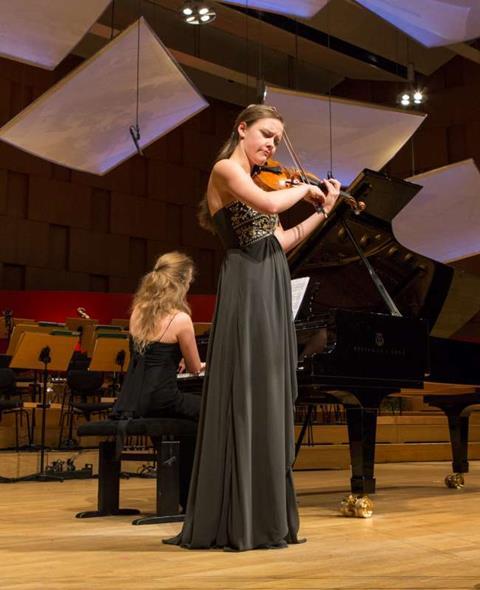
New research into how music competition performances are
evaluated suggests that what judges see matters more than what they
hear.
Scientists at University College London set out to test the general
consensus that sound is the most important element in judging a
musical performance. The findings were published in the Proceedings
of the National Academy of Sciences, in a paper
authored by Chia-Jung Tsay, a psychologist who trained as a pianist
at the Juilliard School and the Peabody Conservatory.
In the study, 1,164 volunteers – a mixture of novices and
professional musicians, some of whom had experience of judging
competitions – were given recordings of the three finalists from
ten major international competitions for violinists and pianists.
The contests included the Tchaikovksy Competition and the Joseph
Joachim International Violin Competition in Hanover, which was won
in 2012 by Alexandra Conunova-Dumortier (pictured). Some of the
recordings were video-only, some were sound-only, and others were
video plus sound.
The participants were then asked to pick the winners. Only 25.7 per
cent of expert musicians were able to identify the actual winners
through sound alone – a figure below the 33 per cent that they
might have been expected to do so by chance. When given
video-plus-sound recordings, the experts did only slightly better,
with 29.5 per cent choosing correctly. But the experts who watched
video-only clips performed best of all, with 47 per cent
identifying the actual winners.
The results of the novice participants were very similar to those
of the experts, with 28.8 per cent identifying the winner with
sound-only recordings, 35.4 per cent with video-plus-sound, and
46.4 per cent with video only.
Tsay said that many of the participants were surprised by their own
results, and that experts in particular said that they had lacked
confidence in their judgements when presented with video-only
recordings. 'Later on, when I was able to tell them that they were
better at guessing the actual outcomes with just the video, there
was some surprise and amusement.'
She concluded in the paper that the results suggest that 'visual
cues are indeed persuasive and sway judges away from recognising
the best performance that they themselves have, by consensus,
defined as dependent on sound. Professional judgement appears to be
made with little conscious awareness that visual cues factor so
heavily into preferences and decisions.'
Does she think that competition judges should be actively directed
to give more emphasis to sound than visuals when making their
judgements? 'In the end,' she said, 'when judges are confronted
with hours and hours of performance, even if they were originally
instructed to evaluate in a certain way, it's probably natural for
them to have a more holistic assessment, and that type of
assessment is very visually informed.'
Audio only:
Picture only:
Audio and picture:
Read our
May 2012 article about prize-winning violinists' experience of
competitions
Subscribe
to The Strad or download our digital edition as
part of a 30-day free trial.
Photo: Marek Kruszewski

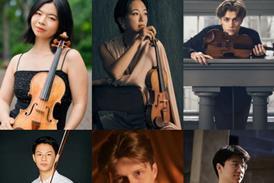
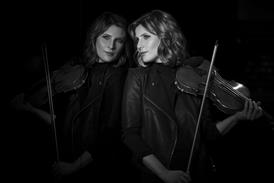
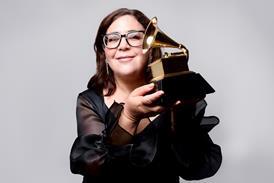
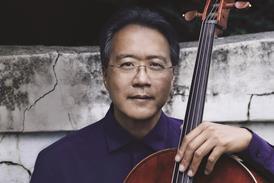




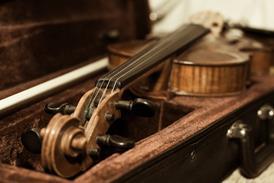
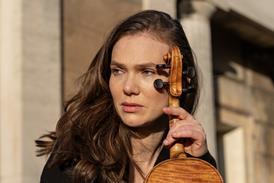
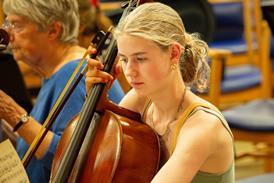



















![[1] Kebra-Seyoun Charles pc Shaleah Feinstein](https://dnan0fzjxntrj.cloudfront.net/Pictures/100x67/8/9/7/24897_1kebraseyouncharlespcshaleahfeinstein_153513.jpg)








No comments yet